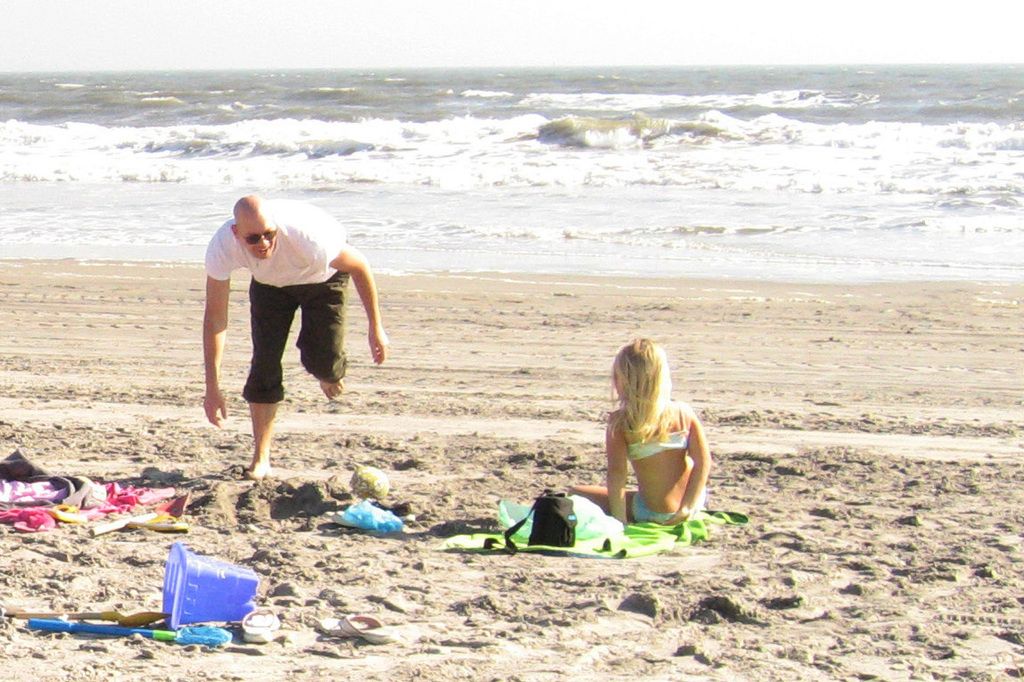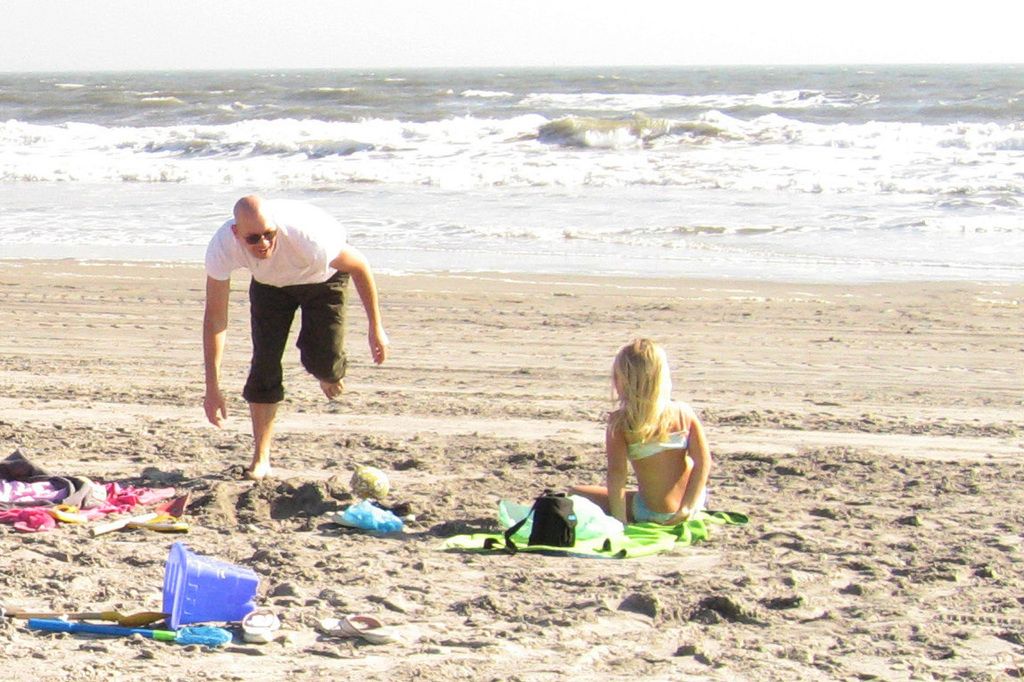Non-Governmental Organizations Lodge Grievance over Harmful Fishing Methods Employed by France, Germany, and Italy
Uniting Environmental Forces:
environmental advocates, including the Environmental Justice Foundation and ClientEarth, have launched a legal crusade against three European nations - France, Germany, and Italy. These organizations accuse the trio of flagrantly disregarding EU laws in their handling of vulnerable marine ecosystems, particularly in protected Natura 2000 sites.
Deep-sea bottom trawling, an aggressive fishing technique involving the dragging of weighted nets along the seabed, poses a significant risk to ocean wildlife and the future of fishing communities across Europe. As revealed, this destructive practice is prevalent in 77% of France's Natura 2000 sites, 85% of Germany's, and 44% of Italy's protected marine areas.
The grievance centers around 15 marine Natura 2000 sites where bottom trawling persists unabated, damaging delicate seabed habitats such as reefs, seagrass beds, and sandbanks. National legal battles against this malpractice are underway in France, Germany, and even across the border in the Netherlands and Spain.
Under EU regulations, the commission holds the power to investigate these accusations and opt for non-action or escalate the matter through infringement proceedings against the offending member states.
As the United Nations Ocean Conference (UNOC) approaches next month in Nice, the issue has gained considerable attention, a potential stepping stone for stricter marine conservation measures in Europe.
Marie Colombier of the Environmental Justice Foundation sees this complaint as a strategic move: "The European level proceeding may be lengthy, but it serves as a powerful tool to reveal the extent of the problem."
By 2030, the EU aims to phase out bottom fishing across all marine protected areas, in a bid to safeguard marine life and foster sustainable fishing practices.
Industry Response:
Europêche, representing the interests of the EU fishing industry, submitted a statement to express reservations about the comprehensive complaint. It proposes that assessments of bottom trawling within marine protected areas (MPAs) should be site-specific, taking into account the unique characteristics of each area.
Europêche contends that indiscriminate bans on bottom trawling would overlook the intricate web of marine habitats, potentially jeopardizing self-sufficiency and food sovereignty within Europe and France.
- The Environmental Justice Foundation and ClientEarth, along with other environmental advocates, have launched a legal crusade against the international handling of vulnerable marine ecosystems, particularly in protected Natura 2000 sites, accentuating the systemic disregard of EU laws by France, Germany, and Italy.
- In France, deep-sea bottom trawling is prevalent in 77% of Natura 2000 sites, jeopardizing ocean wildlife and fishing communities.
- The EU aims to phase out bottom fishing across all marine protected areas by 2030, fostering sustainable fishing practices and safeguarding marine life.
- The European fishing industry, represented by Europêche, has expressed reservations about the comprehensive complaint, suggesting that assessments of bottom trawling within marine protected areas (MPAs) should be site-specific to consider each area's unique characteristics.
- The industry argues that indiscriminate bans on bottom trawling could overlook the intricate web of marine habitats, potentially threatening self-sufficiency and food sovereignty within Europe, especially France.
- As the United Nations Ocean Conference (UNOC) approaches, this issue regarding marine conservation measures in Europe has gained significant attention, serving as a potential stepping stone for stricter regulations.
- Climate-change and environmental-science advocates assess the risks associated with deep-sea bottom trawling and argue for just and prudent management of marine resources with sustainable practices to protect the environment and promote international justice.






